When Can a Lender Repossess?
It may seem as if a creditor has all the power in a loan agreement, but there are limitations as to what a creditor can and can’t take from you if you fall behind on loan payments. In some loan agreements, a possession or property is listed as collateral. Collateral means that the borrower has pledged something to serve as protection for the lender in the event that there is a default. For example, in a case where the borrower fails to make payments in full and on time under the agreement’s terms, the collateral can be repossesed.
Vehicles – Cars, Trucks, Motorcycles, RVs
Vehicles are considered collateral in auto loan agreements. If the borrower falls behind on payments, the lender maintains the right to repossess the vehicle, usually without any prior notice. If the vehicle is sold for less than the remaining loan balance, the borrower may still be responsible for paying the outstanding amount.
Homes
The same is true for homes. If a borrower doesn’t make timely mortgage payments, the lender can repossess the home. This is known as foreclosure. The home is then typically sold as a means of recovering as much of the remaining loan balance as possible.
Rent-to-Own Items
Rent-to-own items can also be repossessed. This could include items like furniture or appliances that were rented with the option of buying.
What Can’t Lenders Repossess?
Lenders can’t repossess property that isn’t specifically listed as collateral in the terms of the loan agreement. Credit card purchases also cannot be repossessed if you fall behind on payments. And even if some property is listed as collateral in the agreement, a contract can be void if it doesn’t comply with state legal requirements. It’s also important to keep in mind that a creditor can sue you in court to recover money that you owe if the loan agreement doesn’t list collateral.
Seek Legal Help
 Flitter Milz is a nationally recognized consumer protection law firm that represents victims of improper vehicle repossessions. If you think your consumer rights may have been violated by the lender or repo agent, contact us for a no cost consultation — whether or not you fell behind on your auto loan payments.
Flitter Milz is a nationally recognized consumer protection law firm that represents victims of improper vehicle repossessions. If you think your consumer rights may have been violated by the lender or repo agent, contact us for a no cost consultation — whether or not you fell behind on your auto loan payments.

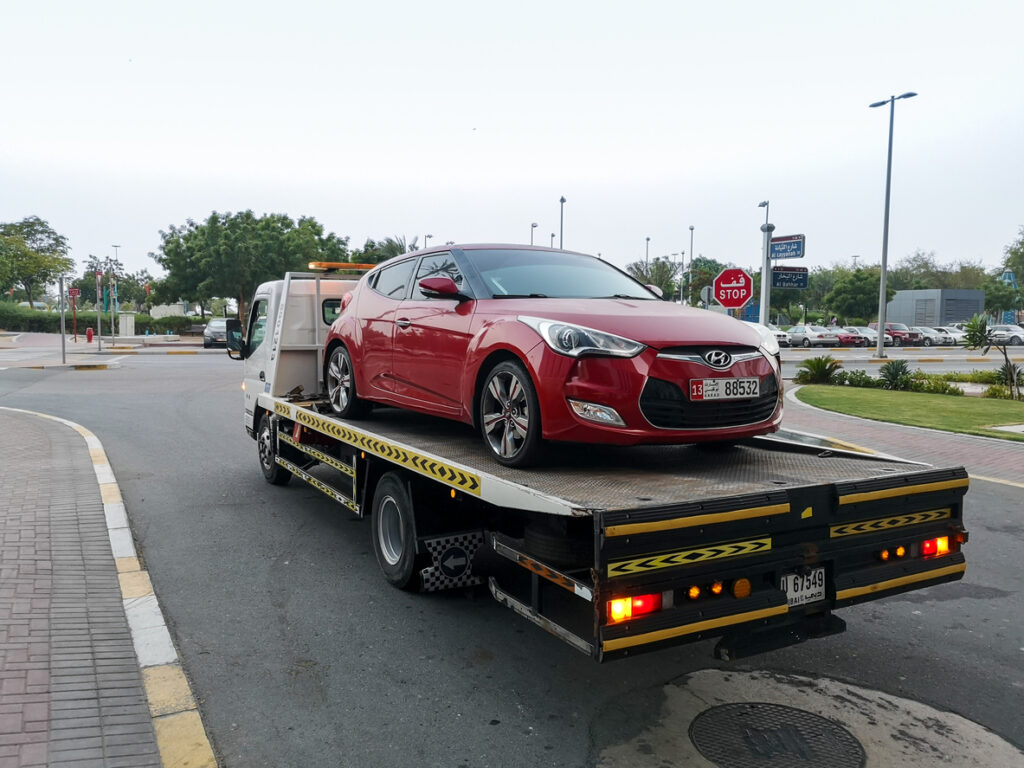
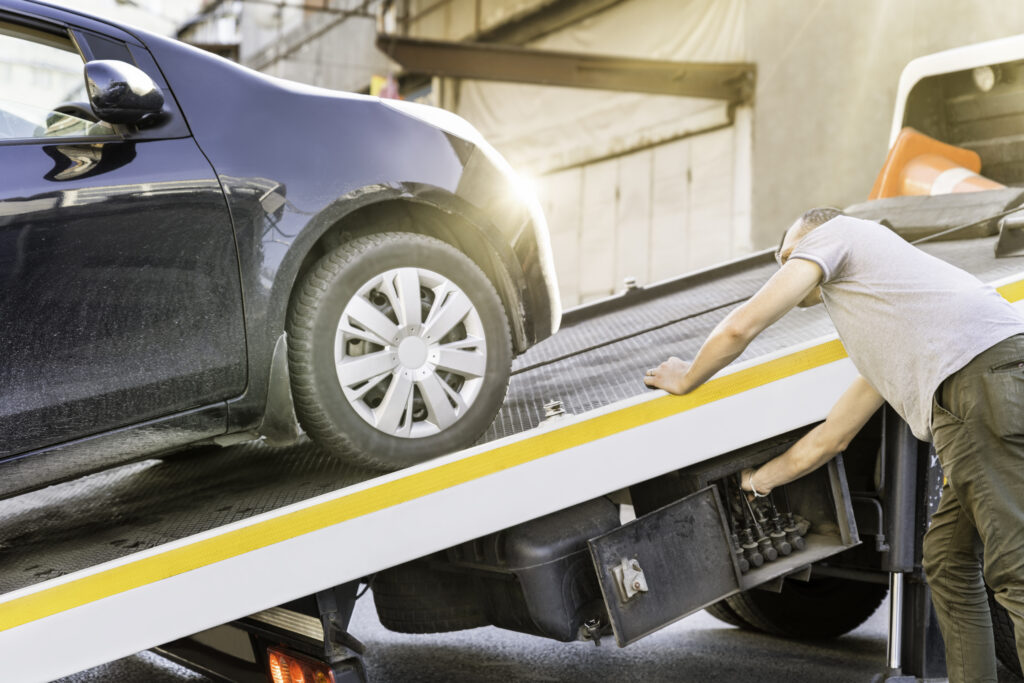 If you’re
If you’re  First and foremost, if there’s a chance that your vehicle will be repossessed, you should take the following actions in preparation:
First and foremost, if there’s a chance that your vehicle will be repossessed, you should take the following actions in preparation: Many consumers who anticipate a repossession wonder if the consequences will be less negative if they voluntarily surrender the vehicle to the lender. The only significant difference between the two is the way they appear on your credit report; a voluntary surrender will be listed as such, but the negative effect will be about the same as a repossession. It’s possible, however, that the lender will be more willing to enter a loan agreement with you in the future if you voluntarily surrender the vehicle.
Many consumers who anticipate a repossession wonder if the consequences will be less negative if they voluntarily surrender the vehicle to the lender. The only significant difference between the two is the way they appear on your credit report; a voluntary surrender will be listed as such, but the negative effect will be about the same as a repossession. It’s possible, however, that the lender will be more willing to enter a loan agreement with you in the future if you voluntarily surrender the vehicle. If you are having difficulty making payments, contact your lender as soon as possible. You may be able to avoid repossession by
If you are having difficulty making payments, contact your lender as soon as possible. You may be able to avoid repossession by  Whether you have fallen behind on your car payments or not, there are legal protections for borrowers from lenders and repo agents that wrongfully repossess vehicles.
Whether you have fallen behind on your car payments or not, there are legal protections for borrowers from lenders and repo agents that wrongfully repossess vehicles.  Before agreeing to a loan with one of these dealerships, be sure to shop around and see if there is a bank, credit union or other lender who is willing to loan to you. An auto loan with high interest rates, like those that typically come from buy here – pay here dealerships, may not be worth it; the cost of the loan could outweigh the benefit of purchasing the vehicle. Learn more about
Before agreeing to a loan with one of these dealerships, be sure to shop around and see if there is a bank, credit union or other lender who is willing to loan to you. An auto loan with high interest rates, like those that typically come from buy here – pay here dealerships, may not be worth it; the cost of the loan could outweigh the benefit of purchasing the vehicle. Learn more about 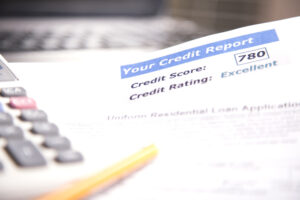 Before visiting the car dealership, it’s important to
Before visiting the car dealership, it’s important to  Flitter Milz is a consumer protection law firm that represents people that defaulted on auto loan payments and had a vehicle repossessed.
Flitter Milz is a consumer protection law firm that represents people that defaulted on auto loan payments and had a vehicle repossessed.  When you’re in the market to purchase a new vehicle and need to
When you’re in the market to purchase a new vehicle and need to  There are a number of factors that will affect your auto loan agreement, but the most important is your credit history. Before you start shopping for interest rates, check your
There are a number of factors that will affect your auto loan agreement, but the most important is your credit history. Before you start shopping for interest rates, check your  Flitter Milz is a consumer protection law firm that represents borrowers that have defaulted on their auto loan. Whether payments have been missed or not, the lender must follow the law.
Flitter Milz is a consumer protection law firm that represents borrowers that have defaulted on their auto loan. Whether payments have been missed or not, the lender must follow the law.  When friends or relatives can’t secure a loan on their own, they may ask you to help by co-signing. A co-signer is often required for someone to secure a loan if they have poor
When friends or relatives can’t secure a loan on their own, they may ask you to help by co-signing. A co-signer is often required for someone to secure a loan if they have poor  Just when you think you’re getting your finances in order and want to apply for a new line of credit, a
Just when you think you’re getting your finances in order and want to apply for a new line of credit, a  Vehicle repossessions are worrisome and stressful enough, but what happens when the lender files a lawsuit against you after the repossession? Learn about what a deficiency lawsuit is, and what you should do if you’re being sued.
Vehicle repossessions are worrisome and stressful enough, but what happens when the lender files a lawsuit against you after the repossession? Learn about what a deficiency lawsuit is, and what you should do if you’re being sued. A qualified consumer rights attorney can evaluate all collection contact for compliance with the Fair Debt Collection Practices Act. If the collector’s tactics have violated the law, you can sue the collector, even though the deficient balance may be owed.
A qualified consumer rights attorney can evaluate all collection contact for compliance with the Fair Debt Collection Practices Act. If the collector’s tactics have violated the law, you can sue the collector, even though the deficient balance may be owed.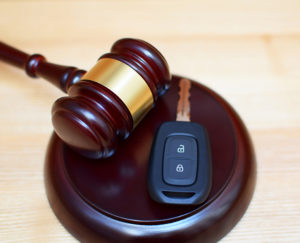 A qualified consumer rights attorney can evaluate all collection contact for compliance with
A qualified consumer rights attorney can evaluate all collection contact for compliance with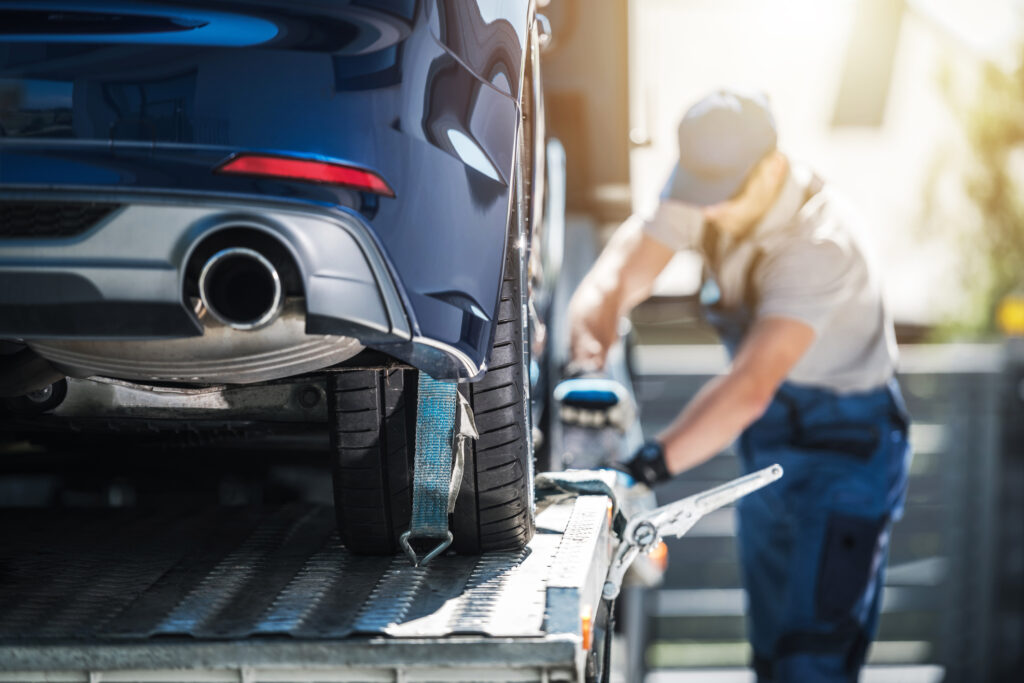
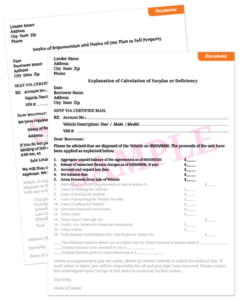 After the repossession, the lender is required to provide certain notices to the consumer. First, a
After the repossession, the lender is required to provide certain notices to the consumer. First, a  You leave your house in the morning and to drive to work. Suddenly, you realize that your car is no longer in the parking lot.
You leave your house in the morning and to drive to work. Suddenly, you realize that your car is no longer in the parking lot.





